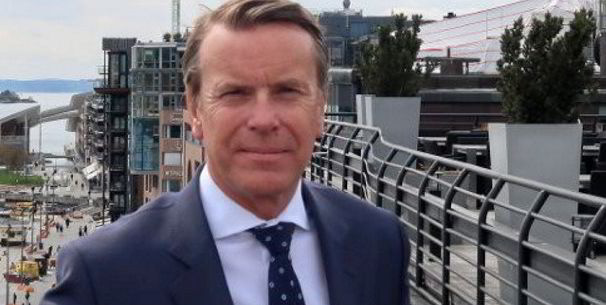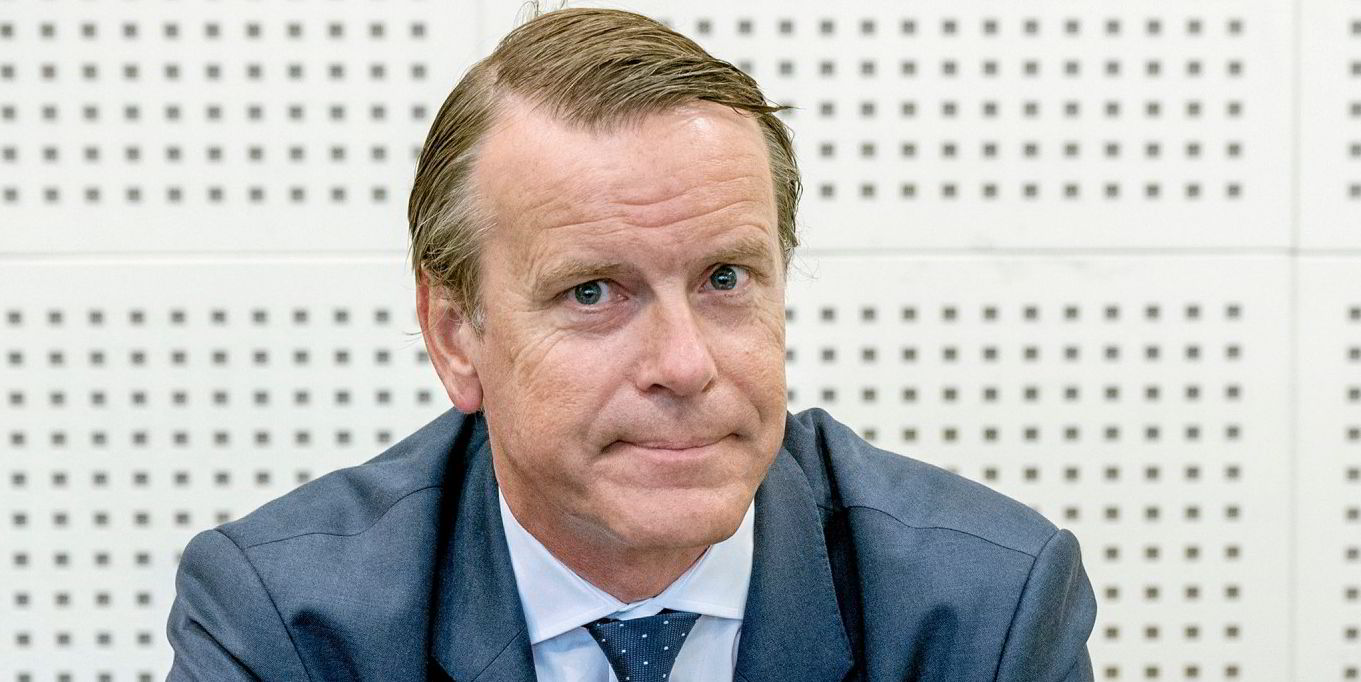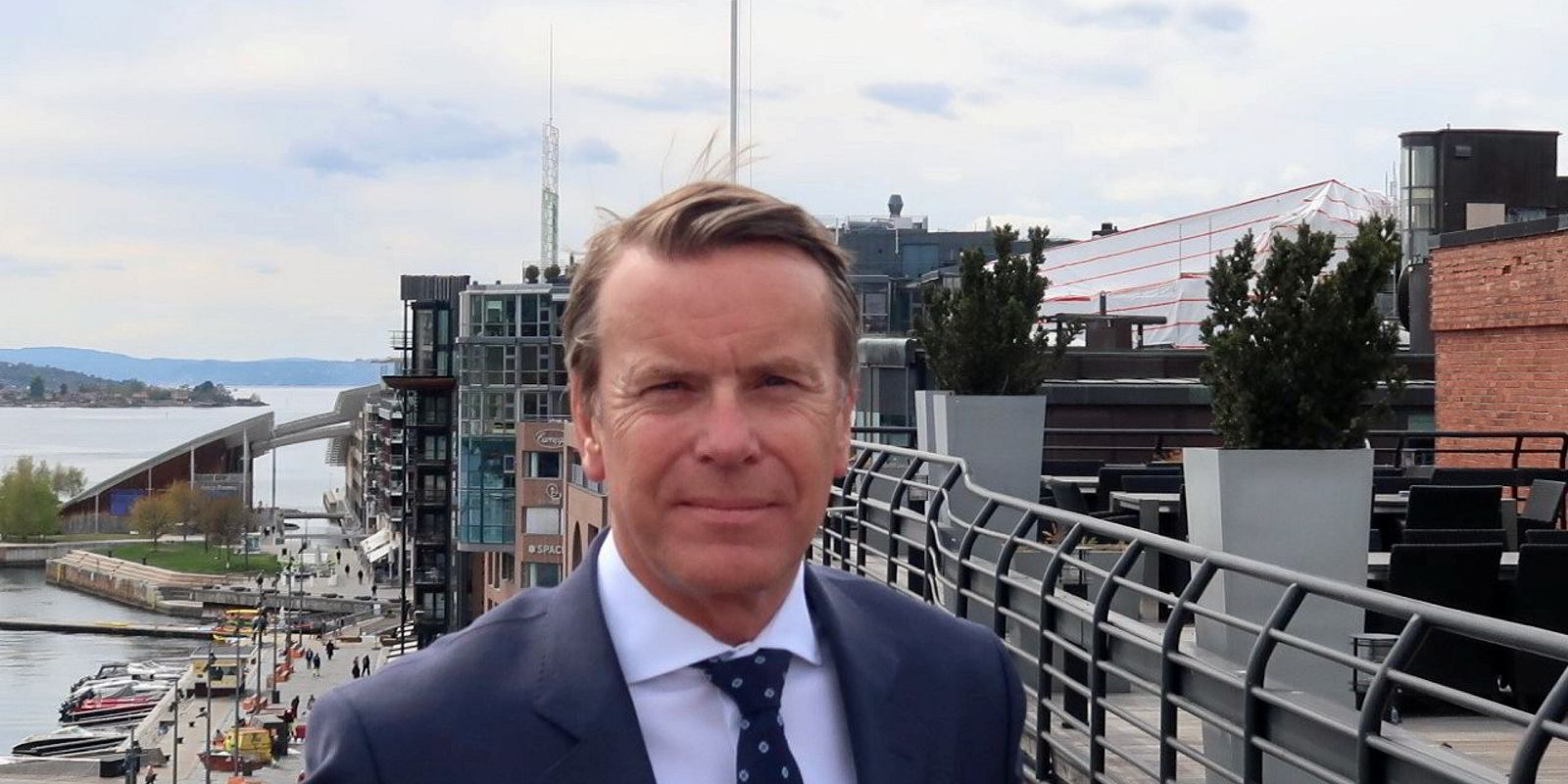Consolidation is a concern primarily in bad markets, not good times, according to Frontline chief executive Lars Barstad.
“I think consolidation is something you search for in a challenged market … on the tanker side right now, we’re actually very much okay,” he said at a Capital Link panel in Limassol, Cyprus, on 7 March.
“It’s more the cargo guys that are stumbling over each other in order to secure a ship. This is obviously the best position a shipowner can be in.”
Viewed against the background of Frontline’s aborted merger plan with Euronav, Barstad’s statements seem to be in line with his other recent comments on the matter.
They suggest that even though Frontline has not completely shut the door on the deal, it is certainly off the table for now and the company is in no hurry and under no pressure to see talks revived.
Speaking in general terms about shipping market consolidation, Barstad said on Tuesday that it is good to cope with future challenges such as decarbonisation, especially for “smaller owners that wouldn’t have the capacity to invest in order to become more efficient”.
In the case of Euronav and Frontline, however, a merger “wouldn’t really achieve very much on consolidation in that respect — the two largest shipowners coming together”, he added.
The two tanker giants announced their merger plans last April.
John Fredriksen, Frontline’s biggest shareholder and Euronav’s joint-largest, said at the time that the two companies’ combined fleet of 146 vessels and a market capitalisation of more than $4bn “would increase fleet utilisation and revenue”.
The merger, however, was scuppered by the Saverys family with its blocking 25% Euronav stake. Frontline formally pulled out of the deal in January. The two companies are involved in arbitration that is expected to drag on for months.





